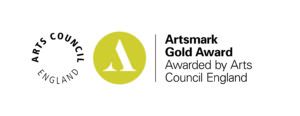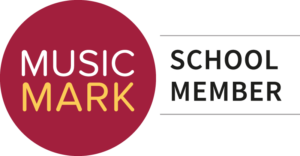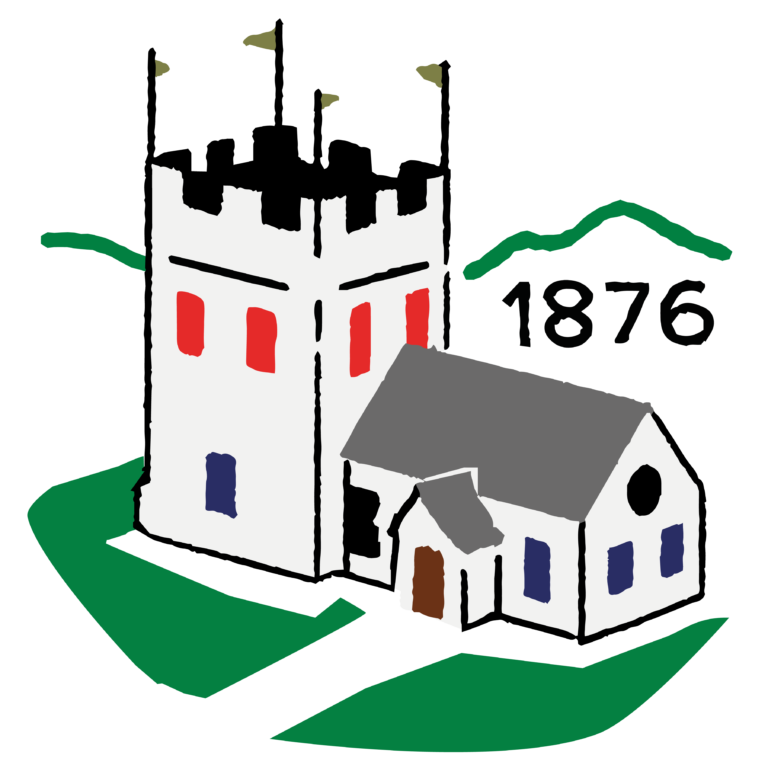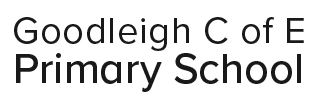Educating the Whole Child
At our school we value the importance of a rich and varied curriculum. Our provision for the arts, humanities and creative learning is outstanding and we are hugely proud of all the activities the children take part in linked to the whole curriculum.
The Arts: Music, Art, Dance and Drama
The Arts are fundamental to cultural engagement and personal development. They foster transferable skills, provide space for personal judgement; help problem-posing and thinking outside the box; promote diversity, respect and intercultural understanding; show that making mistakes can be liberating and open up new opportunities; encourage looking at details and thinking in depth; allow the creation of a personal reality; provide therapeutic benefits and support emotional literacy and make us feel alive.
We are delighted that we have been recognised by Artsmark and awarded our Artsmark Gold Award for commitment to the Arts within the curriculum:
‘Arts Council England celebrates your ongoing commitment to arts and cultural education at a leadership level, and the opportunities established across your whole setting. Your children and young people are offered equal opportunity to plan, experience, participate in, and evaluate a broad range of high-quality arts and cultural activities, and you recognise the importance of development opportunities delivered by specialists for your staff that have measurable effects in these areas. You engage with a range of arts and cultural organisations and other settings, and can evidence the positive impact of these partnerships. Your children and young people have an opportunity to further develop their knowledge, skills and understanding of arts and culture, and you are working to share the good practice you have established.’
Senior Officer, Artsmark, May 2019

Music
Children receive high quality, age appropriate whole class music lessons which not only provides opportunities for learning traditional notation and music reading but allows the children to use their creativity to compose. Children sing as a class regularly which brings a sense of community and makes them feel good. Professional musicians are invited in to perform for the children on a regular basis and children relish these experiences. We take part in ‘participate’ concerts with Bournemouth Symphony Orchestra. We have also been involved in a project with our local orchestra, North Devon Sinfonia. We offer a range of individual musical instrument lessons and children within receipt of pupil premium are funded to learn an instrument of their choice. Individual instrument lessons currently on offer are piano, fife, flute, clarinet, saxophone and guitar.
Click here for our progression of skills in music.
Click here for our Music Development Plan 2025-2026
We are recognised by Music Mark which represents and supports the highest quality music education for all children and young people.

Art and Design
We teach art skills explicitly and link our final art pieces to the curriculum topic. Our curriculum allows children to explore a range of artists, styles and genres. We use working artists for projects in school and the have also been involved in community art projects. Our aim is for children to understand that art is made by all sorts of people, in a variety of ways.
Dance
We teach traditional dance and contemporary dance. We use a contemporary dance specialist who works with the children around a theme which is then incorporated into performances. Dance is also linked to the topic, for example the children might learn historical and cultural dances.
Drama
When children first come to us, dramatic activity is already a natural part of children’s lives in the form of make-believe play, enabling them to make sense of their own identity by exploring meaningful fictional situations that have parallels in the real world. This is utilised at school through structured play and drama to encourage pupils to learn actively and interactively throughout the primary years and across the curriculum. Each class performs formally twice a year; once at Christmas and once at the end of the summer term. The children love performing to each other and the wider community; our older children performed to a local care home this year. Drama is also used to enrich learning across the curriculum through techniques such as ‘mantle of the expert’, hot seating and role play. We take opportunities to go out of school to engage the children in live theatre performances and musicals and also invite actors and actresses in to school to enhance the children’s learning.
Humanities: Geography, History and Religious Education
Geography
The curriculum is designed to develop a progression of knowledge and skills and educational visits are used within our topics to enhance the geography curriculum.
History
History helps children to understand the complexity of people’s lives, the process of change, the diversity of societies and relationships between different groups, as well as their own identity and the challenges of their time. Educational visits and visitors are used whenever possible to enrich the history curriculum.
Religious Education
The Devon, Torbay & Cornwall Agreed Syllabus (SACRE 2019) states:
“The principal aim of religious education is to explore what people believe and what difference this makes to how they live, so that pupils can gain the knowledge, understanding and skills needed to handle questions raised by religion and belief, reflecting on their own ideas and ways of living.”
We follow the Devon Agreed Syllabus for Religious Education (RE), click here for the aims of RE. We link RE in to our topic based learning where appropriate. We learn about different festivals from different cultures and religions so that the children can experience them for themselves. Children have the opportunity to visit different places of worship to experience the awe and wonder and have the opportunity to meet different people.
Design Technology
Design and technology gives our children the skills and abilities to engage positively with the designed and made world and to harness the benefits of technology. They learn how products are designed and manufactured, how to be innovative and to make creative use of a variety of resources to improve the world around them. Children are taught the knowledge and skills required to investigate, explore, design, make and evaluate products. Their finished product is linked to the class topic.
The curriculum is designed to develop a progression of knowledge and skills and educational visits are used within our topics to enhance the design technology curriculum.
Computing
We embrace age-appropriate use of all types of technology. It works with the enormous enthusiasm many young people have for change, innovation and all that is new. Computers, iPads, programmable robots, digital and video cameras are just some of the tools that can be used to acquire, organise, store, manipulate, interpret, communicate and present information. Computing has deep links with mathematics, science, and design and technology, and provides insights into both natural and artificial systems. The curriculum is designed to develop a progression of knowledge and skills and educational visits are used to enhance the subject.
As teachers, parents and carers, it is our job to help young people to negotiate the obstacles and avoid the hazards that come alongside the use of technology. E-safety underpins all of our teaching of computing. For more information around our approach to E-safety, please see our page dedicated to it.
Physical Education
We provide a wealth of activities and experiences which encourage our children to sustain a healthy and active lifestyle. We play lots of sports: football, tag rugby, netball, gymnastics, trampolining, swimming, cricket, rounders, volleyball, hockey, basketball and tennis. We have active after school clubs which are all free of charge and our running club carries on nearly all year round. We use specialist sports coaches and go offsite for our gymnastics, trampolining, swimming lessons and Key Stage 2 tennis.
Our older children are play leaders, helping us to look after our youngest children.
We have our gold standard sports award for our sports provision and commitment to the development of competition across our school and into the community.
Modern Foreign Languages
The children learn French in Key Stage 2, however we do take opportunities to immerse children in other languages if it is relevant to their learning.
Personal, Social, Health and Economic (PSHE) Education
Personal, Social, Health and Economic (PSHE) education is a school subject through which pupils develop the knowledge, skills and attributes they need to manage their lives, now and in the future.
Please click here to read the Department for Education’s “Understanding Relationships and Health Education in your child’s primary school” guide for parents and carers.
Spirituality
We believe that our role is to educate the whole child and that the spiritual growth of our children is as important as, and indeed is a vital contributor to, their academic development. Encouraging the whole school community to consider the world around them, reflecting and thinking for themselves, evoking positive emotional responses and pondering ultimate questions.
“My daughter gets a lot out of school and always tells us about the amazing things she’s been doing. “
Goodleigh Parent
- Goodleigh C of E Primary School, Goodleigh, Barnstaple, Devon EX32 7LU
- 01271 342977
- admingoodleigh@goodilf.org.uk

